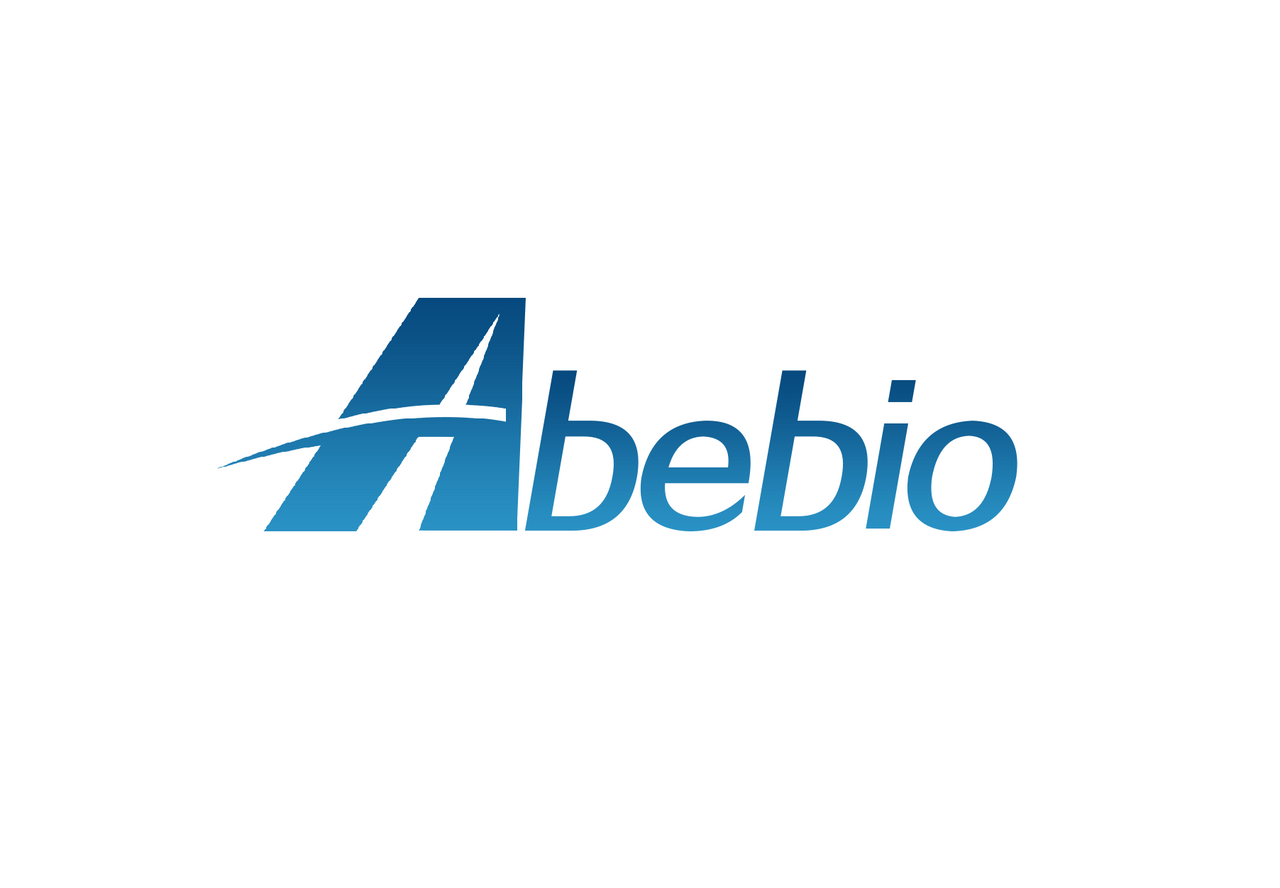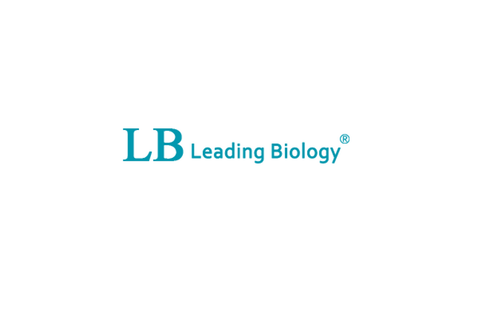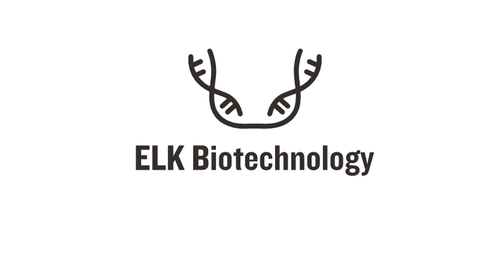Product Description
Rat Interleukin-17F (IL17F) ELISA Kit | AE58508RA | Abebio
Species Reactivity: Rat (Rattus norvegicus)
Abbreviation: IL17F
Alternative Name: IL-17F; ML-1; ML1; cytokine ML-1
Application: ELISA
Range: 15.6-1000 pg/mL
Sensitivity: 5.9 pg/mL
Intra-Assay: ≤6.7%
Inter-Assay: ≤8.7%
Recovery: 1, 01
Sample Type: Serum, Plasma, Other biological fluids
Detection Method: Sandwich
Analysis Method : Quantitive
Test Principale: This assay employs a two-site sandwich ELISA to quantitate IL17F in samples. An antibody specific for IL17F has been pre-coated onto a microplate. Standards and samples are pipetted into the wells and anyIL17F present is bound by the immobilized antibody. After removing any unbound substances, a biotin-conjugated antibody specific for IL17F is added to the wells. After washing, Streptavidin conjugated Horseradish Peroxidase (HRP) is added to the wells. Following a wash to remove any unbound avidin-enzyme reagent, a substrate solution is added to the wells and color develops in proportion to the amount of IL17F bound in the initial step. The color development is stopped and the intensity of the color is measured.
Product Overview: IL-17F has been shown to stimulate prolifertion and activation of T cells and PBMCs, to inhibit angiogenesis as well as to regulate cartilage matrix turnover. This recombinant IL-17F is a homodimeric protein with a total weight of 30.1kDa containing two 134 amino acid residue chains.Using nested RACE PCR with leukocyte-anchored cDNA, Starnes et al. (2001) isolated an IL17F cDNA encoding a 153-amino acid protein that shares 40% homology with IL17. In addition to the 2 invariant disulfide bonds found in other members of the IL17 family, IL17F contains a signal peptide with an extra cys-cys pair that could function as an extra disulfide bond. Expression of IL17F could not be identified by Northern blot analysis. RT-PCR analysis detected expression in activated, but not resting, CD4+ T cells and activated monocytes.
Stability: The stability of ELISA kit is determined by the loss rate of activity. The loss rate of this kit is less than 5% within the expiration date under appropriate storage condition. The loss rate was determined by accelerated thermal degradation test. Keep the kit at 37°C for 4 and 7 days, and compare O.D.values of the kit kept at 37°C with that of at recommended temperature. (referring from China Biological Products Standard, which was calculated by the Arrhenius equation. For ELISA kit, 4 days storage at 37°C can be considered as 6 months at 2 - 8°C, which means 7 days at 37°C equaling 12 months at 2 - 8°C) .
 Euro
Euro
 USD
USD
 British Pound
British Pound
 NULL
NULL








